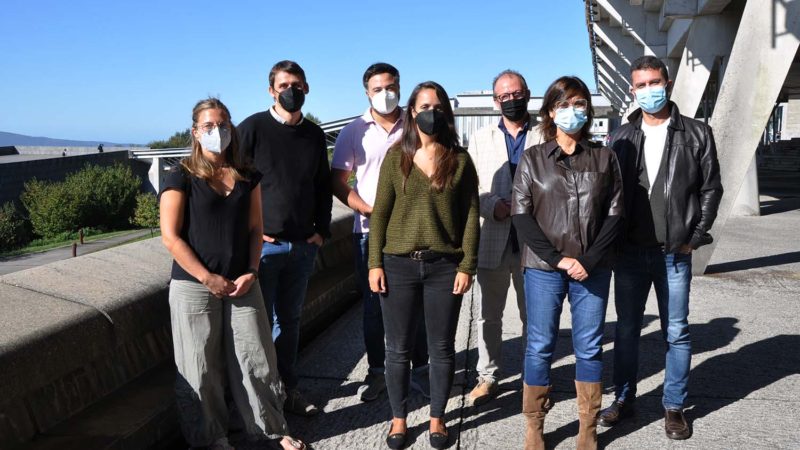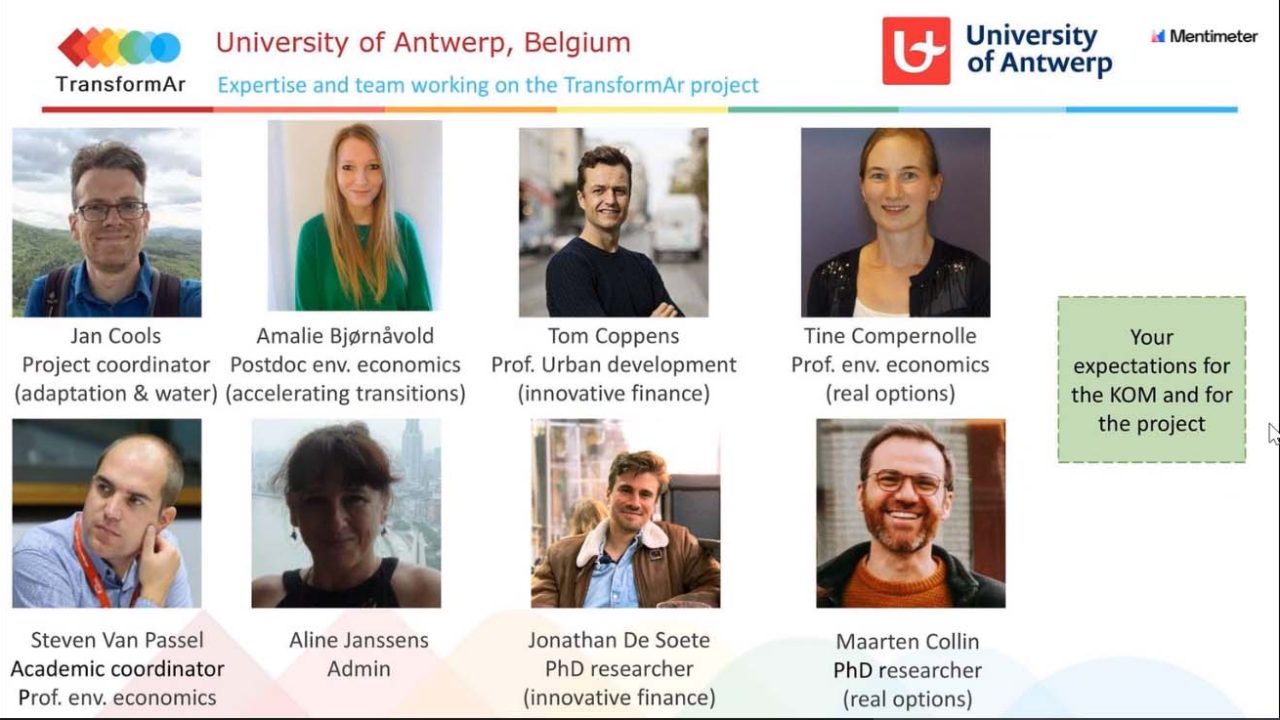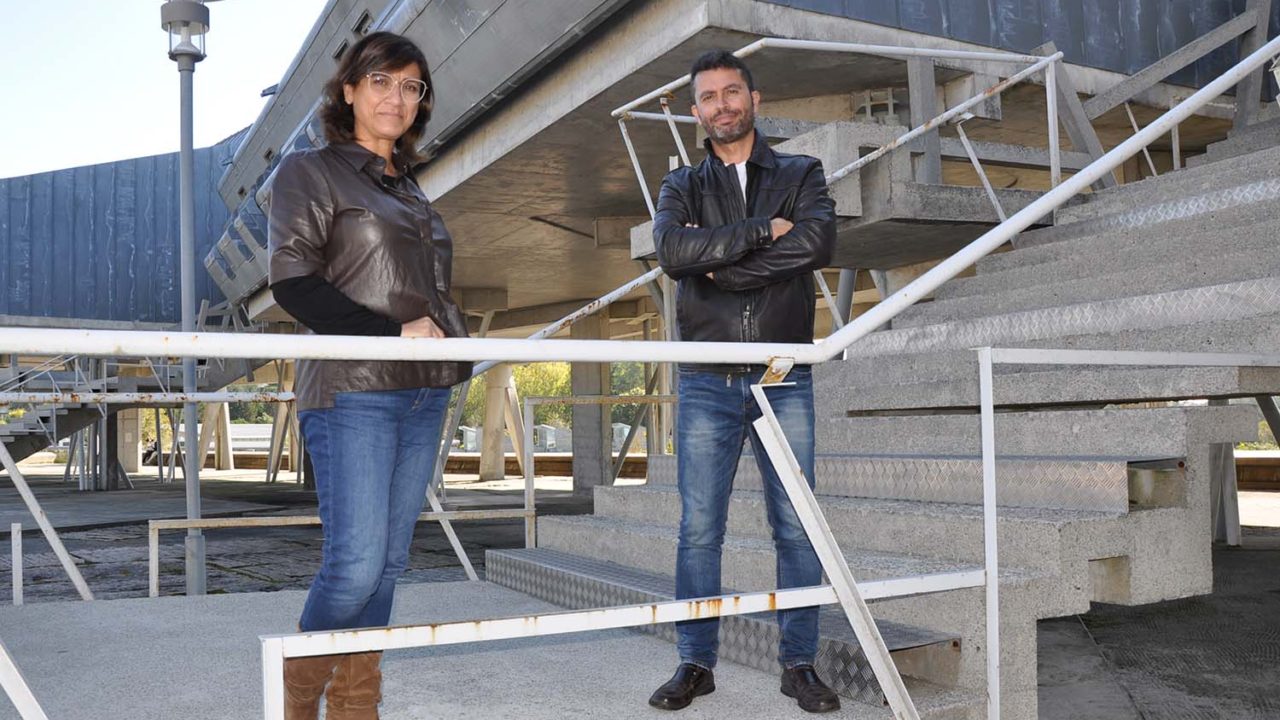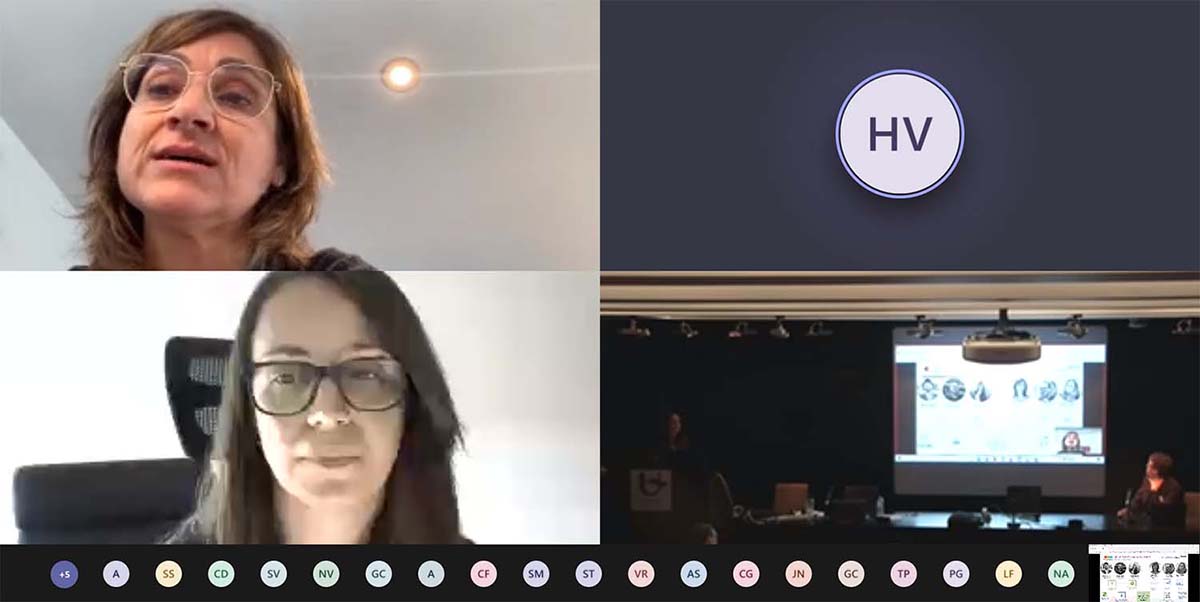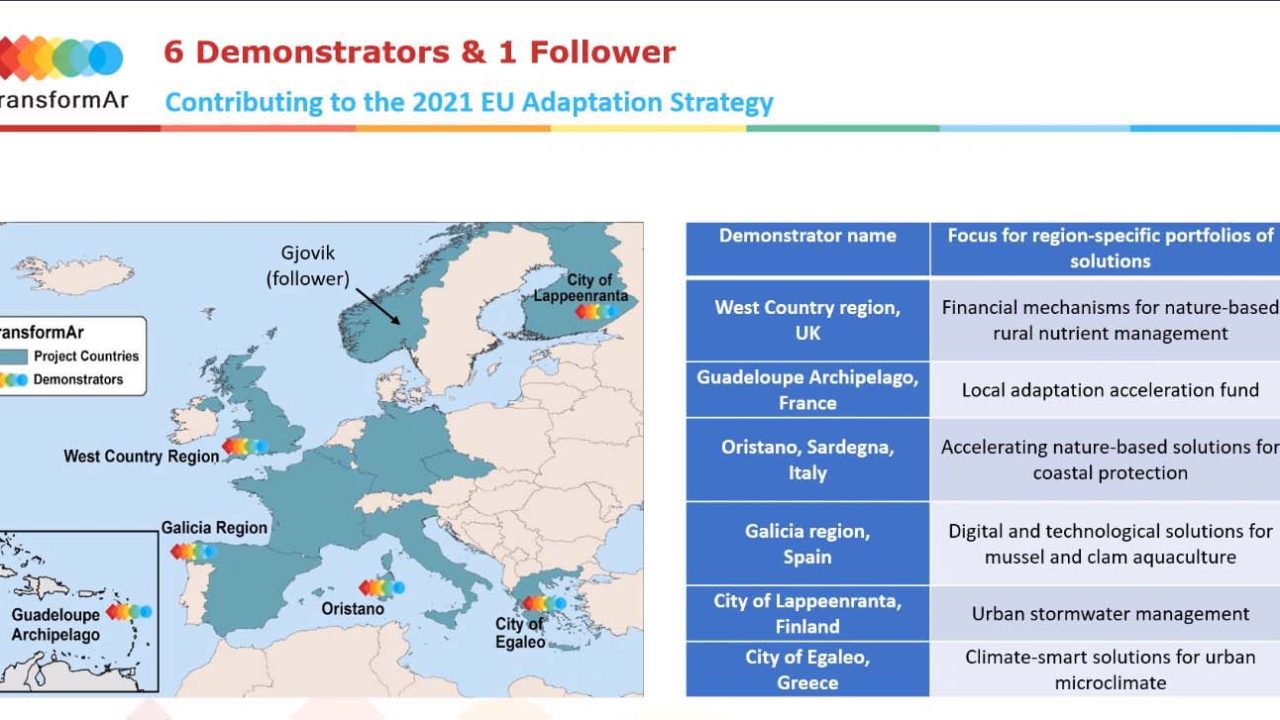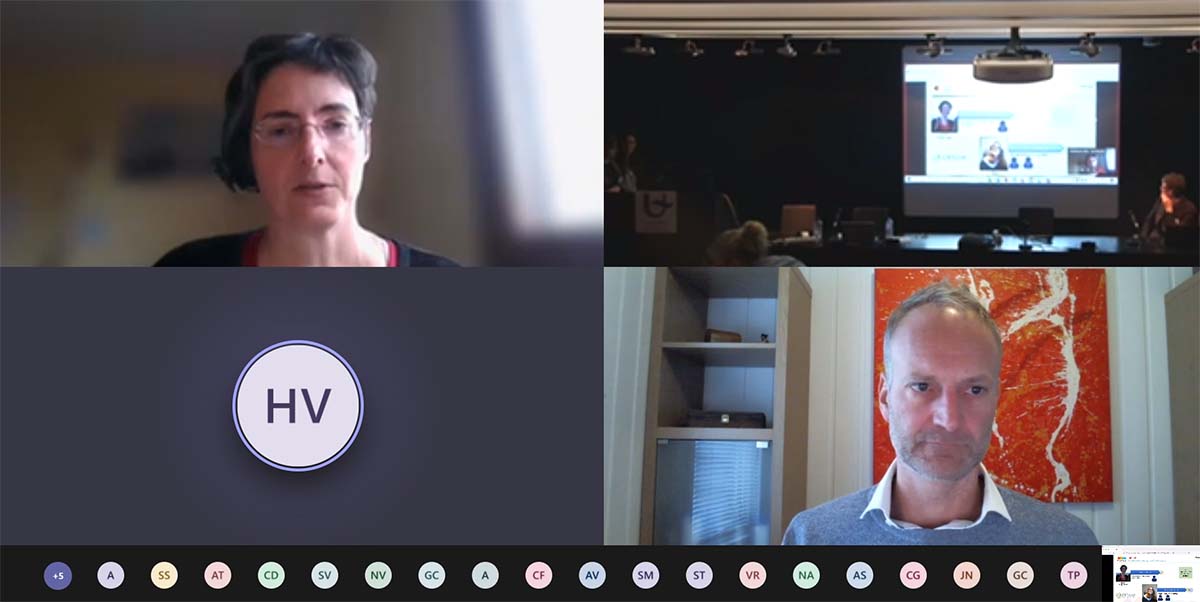Along with Cetmar and Feuga they will focus on the mussel value chain and shellfish banks
The Geoma research groups, from the UVigo Marine Research Center, and Rede will participate together with Cetmar and Feuga in the development of the European project H2020 TransformAr. This project aims to articulate and demonstrate innovative solutions to advance resilience to the effects, present and expected , caused by climate change. Together with researchers from France, Belgium, Italy, Greece, Malta, Germany, the Czech Republic, Norway, Finland and the United Kingdom, UVigo groups “aim to move from incremental solutions and actions to transformative innovations that can successfully address magnitude of the challenge projected by the scientific forecasts”, detail Ana Bernabeu and Xosé H. Vázquez, researchers of Geoma and Network, respectively. These researchers lead the participation of these two groups in TransformAr, that today and tomorrow celebrates its launching meeting in Belgium.
With a grant of 11.8 million euros, of which 452,000 correspond to UVigo, and under the coordination of the Belgian University of Antwerp, the European project includes the development of demonstrators in six regions called “lighthouse” that have in common climate challenges linked to water: Lapperanta (Finland), West Country region (United Kingdom), Guadeloupe archipelago (France), Oristano (Italy), Egaleo (Greece) and Galicia. “The aim is that the implementation of the pilots can be later replicated in other regions with similar challenges,” explain Vázquez and Bernabeu, who highlight the variety of types of solutions, which includes technological innovations, financing, governance models, nature-based solutions and awareness and behavioral changes that, “applied jointly and in a coordinated manner, will achieve the expected goals,” they say.
Partners from 11 countries will participate in the project over the next four years. In the case of Rede, in addition to Xosé H. Vázquez, will also take part the researchers Beatriz Galindo, Antonio Sartal, Andrea Ogando, while in the case of Geoma, will participate the professor Daniel Rey and the postdoctoral researcher Ángela Fontán, under the coordination of Ana Bernabeu.
An index of resilience of the mussel value chain and prevention of climate change in shellfish banks
The invitation to participate in TransformAr reached UVigo research groups through Cetmar, while the preparation of the proposal was facilitated by Feuga, which participates as a partner in the project. Each of the two research groups of the University of Vigo will develop under this initiative well-differentiated actions and, although their participation will be maintained throughout the project, the workload will be intensified from the 12th month, with the start of the implementation of the solutions in the demonstrators.
The Red and Geoma group will develop two solutions within the demonstrator of the Galicia region, led by Cetmar. Specifically, Rede “will implement an index of resilience to climate change in the mussel value chain. Using a mixed methodology that combines scientific data with the contributions of experts, it is possible to create a tool that allows, on the one hand, to make a diagnosis of the current state of vulnerability and, on the other, to identify areas where action is needed to increase resilience. ”, Explains Xosé H. Vázquez, who adds that UVigo will also provide support to Cetmar in the development of other solutions planned for the demonstrator in Galicia.
For its part, the Geoma solution will focus on “developing a case study within the project in the marine field. Its aim is to study certain shellfish banks, analyze their evolution over time, the management of these banks and, ultimately, in coordination with guilds and shellfish workers, seek transformative alternatives for efficient and sustainable management that prevent the effects of climate change. , lists Ana Bernabeu.
The challenge of redefining the vision of what can be done in the face of climate change
Although part of the work that Red and Geoma researchers will develop under the auspices of TransformAr is in line with their experience, Vázquez and Bernabeu recognize that this project “is a challenge, as we will apply knowledge and techniques well known to us, with a completely new goal and focus. This means redefining the new vision of what we can do in the face of climate change”explain the coordinators, who point out that TransformAr has a new and complex approach through a concept known as transformational adaptation. “In recent decades, adaptation plans have addressed this issue based on the current state of socio-ecological systems. In this sense, adaptation is complicated, short-term and with greater control over the outcome “, explain the researchers, who point out that critics of this approach argue that this type of adaptation does not address the root causes of differential vulnerability, which are largely of a social and political nature. Instead, transformative adaptation is seen as a paradigm shift that addresses complex issues, power imbalances, and social justice, and has a broader vision of adaptation. “For all this, the focus of the project is a new and very motivating challenge in our research” they say.
The collaboration between Red and Geoma is not new, as it has already taken place in the MarRisk project, in which they also participated together with Cetmar and in which a total of 13 institutions took part. In addition, between both groups, UVigo has been represented in international projects of different calls such as Interreg, Easme or Euranet.
Source: DUVI

